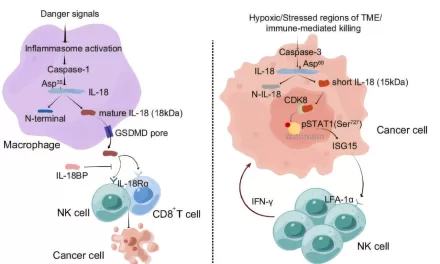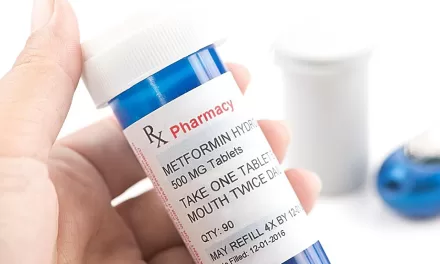Gaza, 12 September 2024 — Nearly 560,000 children under the age of ten have been successfully vaccinated against polio during the first phase of an emergency vaccination campaign in the Gaza Strip. Conducted from September 1-12, the campaign aimed to curb the spread of circulating variant poliovirus type 2 (cVDPV2), which was detected in Gaza earlier this year.
A total of 558,963 children received the novel oral polio vaccine type 2 (nOPV2), in a meticulously coordinated effort spanning fixed vaccination sites at health facilities, outreach posts, and mobile teams. These teams worked tirelessly, navigating difficult conditions in shelters, camps, and tented communities, reaching displaced families and ensuring that the children were protected against the life-altering virus. Community workers were also pivotal, raising awareness among families about the importance of the vaccination campaign.
To ensure the safety of both the health workers and the community, a humanitarian pause of nine hours per day was agreed upon during each phase of the campaign. This allowed for safe and effective vaccination efforts in some of the most affected areas of Gaza.
“Health and community workers have shown incredible resilience, carrying out this campaign at an unprecedented scale under the toughest conditions in Gaza,” said Dr. Richard Peeperkorn, WHO Representative for the occupied Palestinian territory (oPt). “The swift action taken by the Global Polio Eradication Initiative highlights the effectiveness of the polio program. This campaign has shown the world what’s possible when peace is given a chance.”
Jean Gough, UNICEF Special Representative in the State of Palestine, echoed these sentiments, stating, “It was critical that this ambitious campaign was carried out quickly and safely to protect children in Gaza and neighboring countries from poliovirus. The progress made in this first round is encouraging, but there is more work to be done. We call on all involved to ensure that the next round, in four weeks’ time, can proceed smoothly for the sake of children everywhere.”
Despite significant challenges—devastated infrastructure, limited healthcare workers, fuel shortages, and constant population movements—the campaign was carried out effectively, thanks to the collaborative efforts of the Palestinian Ministry of Health and the United Nations Relief and Works Agency for Palestine Refugees (UNRWA). The original target was 640,000 children, but ongoing hostilities and the fluidity of the population may have resulted in an overestimate.
To ensure accurate coverage, 65 independent monitors are being deployed to oversee and assess the vaccination efforts. They will visit households, markets, transit points, and health facilities to check for the purple dye used to mark children who have been vaccinated.
A second round of the vaccination campaign is expected to take place within four weeks, aimed at administering a second dose of nOPV2 to ensure full protection against the virus. The World Health Organization (WHO), UNICEF, and UNRWA are calling for continued humanitarian pauses to facilitate this critical campaign.
The use of the novel oral polio vaccine (nOPV2) has been instrumental in combating the spread of variant poliovirus type 2, which is currently the most prevalent form of the virus globally. The vaccine is both safe and effective, offering protection against paralysis and further community transmission.
As Gaza continues to grapple with the aftermath of conflict and displacement, public health efforts such as this are crucial in safeguarding the lives and well-being of the region’s most vulnerable—its children. The hope is that ongoing peace efforts will allow for future campaigns and the long-term recovery of the people in Gaza.











